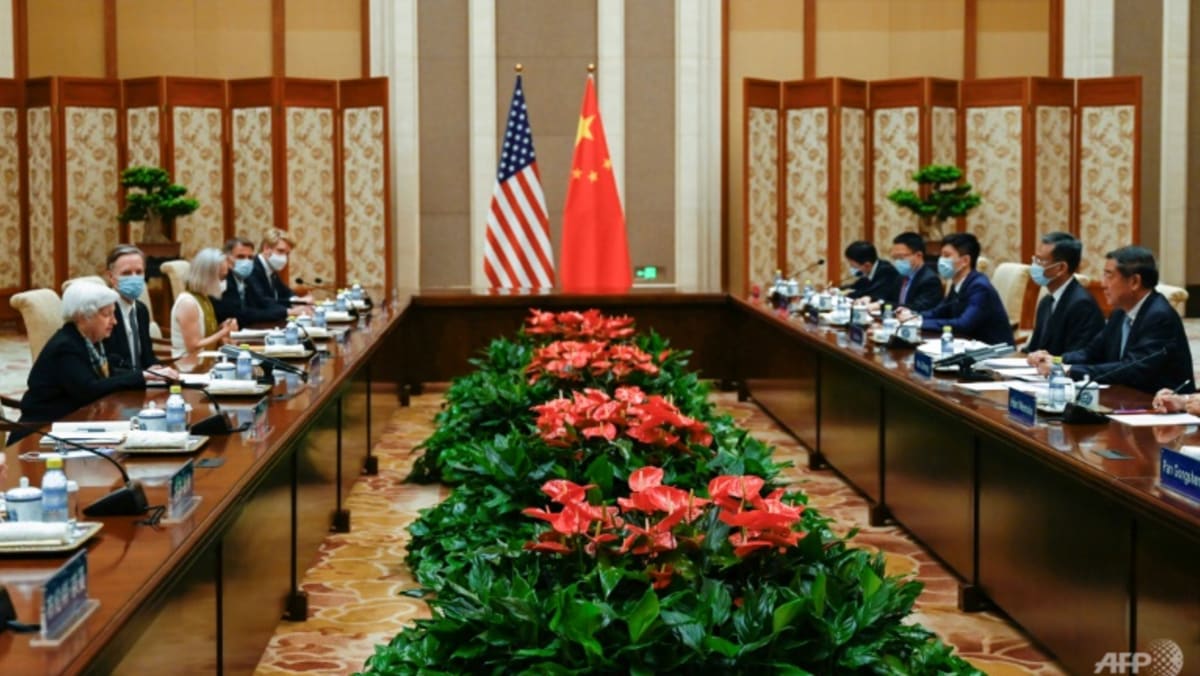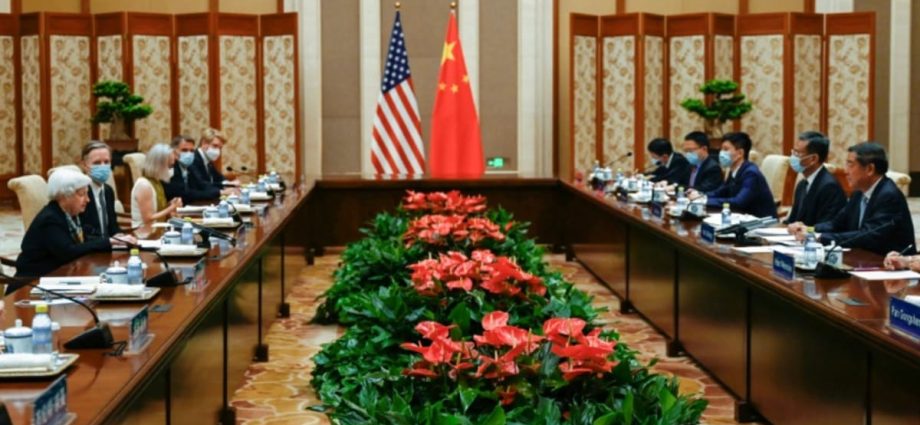
HONG KONG: Hong Kong rose on Monday (Jul 10) in hopes that Beijing has ended its long-running crackdown on the tech sector, but an early Asia-wide rally was staunched by inflation data showing further weakness in China’s economy.
After a years-long probe, Ant Group was hit with a near US$1 billion penalty for “illegal acts”, while Tenpay was ordered to pay more than US$400 million.
However, analysts said that while the figures were big, traders were cheered by the prospect that the firms could again concentrate on their business.
In a statement, the China Securities Regulatory Commission said “at present, most of the outstanding problems in the financial business of platform enterprises have been rectified”.
The news, which was announced on Friday, saw the New York-listed shares of Alibaba and Tencent surge, and their Hong Kong stocks followed suit Monday.
“The market likes it because scrutiny looks likely to be over and the fine, though big in absolute terms, is very manageable for such a big company,” Vey-Sern Ling, at Union Bancaire Privee, said referring to Ant.
The fine is less than Ant’s profit in the December quarter, Bloomberg News said.
In a sign of the impact the investigation has had on the industry, Ant said it aimed to repurchase up to 7.6 per cent of its equity in a move that values it at less than a quarter of what it was in 2020.
That was when the Alibaba affiliate tried to launch an initial public offering in Hong Kong that was thwarted by China.
The surge in market heavyweight tech firms lifted the Hang Seng Index more than 2 per cent at the open, while there were also gains in Shanghai.
FEARS OF “DEFLATIONARY SPIRAL” IN CHINA
However, the advances were pared by data showing Chinese consumer inflation was flat last month and producer prices sank, indicating the world’s number two economy continued to struggle.
“The dreaded fear of a deflationary spiral in China has reached ‘code red’ where the latest consumer inflation rate for June has flattened,” said OANDA’s Kelvin Wong.
“Time is running out for Chinese policymakers to negate the steepening rout in the internal demand environment that can potentially lead to further loss in consumer and business confidence if the deflationary spiral starts to be persistent.
“It may lead to a liquidity trap scenario in China where monetary policy tools will be less effective to stimulate real economic growth.”

